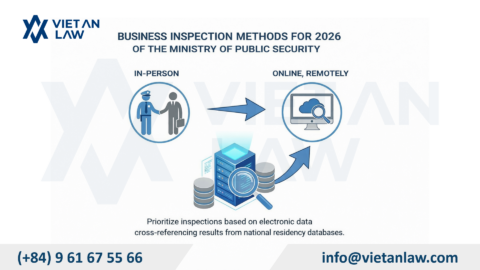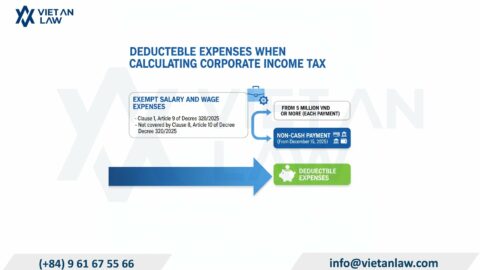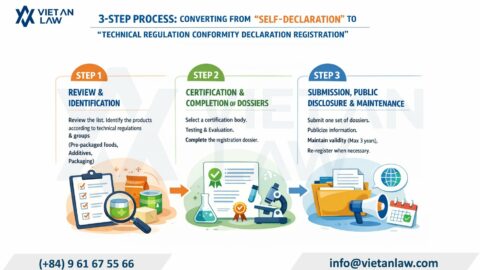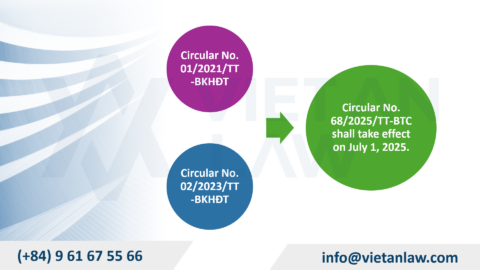| NATIONAL ASSEMBLY OF VIETNAM ——- |
SOCIALIST REPUBLIC OF VIETNAM Independence-Freedom-Happiness —————– |
| No: 80/2025/QH15 |
Hanoi, June 24, 2025 |
Pursuant to the Constitution of the Socialist Republic of Vietnam as amended and supplemented by Resolution No. 203/2025/QH15; ,
The National Assembly promulgates the Law on cadres and civil servants.
1. Cadres are Vietnamese citizens who are elected, approved, designated or appointed to hold positions and titles for a given term in agencies of the Communist Party of Vietnam, the State of Vietnam, the Vietnam Fatherland Front, socio-political organizations at the central level, in provinces, in communes, included in the staffing quotas and salaried from the state budget.
2. Civil servants are Vietnamese citizens who are recruited for employment positions in agencies of the Communist Party of Vietnam, the State of Vietnam, the Vietnam Fatherland Front, socio-political organizations at the central level, in provinces, in communes; in agencies or units of the Vietnam People’s Armed Forces other than officers, non-commissioned officers and conscripts serving under the professional regime, public-security workers; in cipher organizations other than cipher officers, included in the staffing quotas and salaried from the state budget.
1. Comply with the Constitution and laws.
2. Respect, ensure, and protect human rights, citizens’ rights, interests of the State of Vietnam, and lawful rights and interests of organizations and citizens.
3. Ensure publicity, transparency, performance within competence, inspection and supervision.
4. Ensure systematic, unified, continuous, transparent, professional, modern, and effective operations.
5. Ensure administrative hierarchy and close cooperation.
1. Follow the leadership of the Communist Party of Vietnam and the management of the State of Vietnam.
2. Combine standards of titles, positions, and staffing quotas.
3. Implement the principles of democratic centralism, personal responsibility regime, and clear assignment and delegation.
4. Assess, arrange, and utilize cadres and civil servants on the basis of their political integrity, ethics, capabilities, results and effectiveness in task performance as required by their position.
5. Ensure unity, coherence, and coordination within the political system.
6. Implement gender equality.
7. Prioritize recruitment, designation, and implementation of policies for ethnic minorities.
1. The State of Vietnam shall implement special policies to attract experts, scientists, jurists, outstanding lawyers, outstanding entrepreneurs, excellent graduates, and other high-quality human resources to work in agencies of the Communist Party of Vietnam, the State, the Vietnam Fatherland Front, political and social organizations; provide substantial benefits for talents in official duties that are appropriate to the economic and social development of Vietnam.
2. Talents in official duties are cadres and civil servants who have good political qualities, ethics, a desire to contribute and serve the Fatherland and the People; professional competence, outstanding skills in performance; innovative, dynamic, and creative thinking, willingness to think and act and take responsibility for the common good; remarkable accomplishments in public service operations demonstrated by specific results and products that bring high value and effectiveness to organizations, sectors, or fields nationwide or locally.
3. The Government shall stipulate the mechanisms and policies for attraction and provision of benefits for subjects specified in clauses 1 and 2 of this Article.
4. Pursuant to the Government’s regulations and the development orientation of key sectors and industries of Vietnam or in each province, heads of ministries, departments, central authorities or People’s Councils of provinces shall determine the sectors and industries to prioritize the use of human resources in each stage and decide on policies for individuals specified in clauses 1 and 2 of this Article under their management, in accordance with budgetary capabilities and the authority to manage cadres and civil servants.
5. Funding for implementing policies for individuals specified in clauses 1 and 2 of this Article shall be covered by the state budget; Ministries, departments, central and provincial authorities may mobilize other legal sources to implement these policies.
For the purposes of this Law, the terms below shall be construed as follows:
1. Official duties refer to activities performed by cadres and civil servants to fulfill their duties and delegated authority as stipulated by competent authorities and laws, aimed at implementing state management and meeting the general needs of society.
2. Agency managing cadres and civil servants means an agency or organization authorized to manage cadres and civil servants.
3. Agency employing cadres and civil servants means an agency, organization or unit delegated the authority to use, assign, allocate, inspect, and assess the performance of duties and powers of cadres and civil servants, and other authorities according to delegation and authority.
4. Working position means a job associated with a position, title, and pay grades of civil servants based on specific functions and tasks of the organization, agency, or unit.
5. Pay grades indicates the level of specialized and professional capability and qualification of a civil servants.
6. Appointment means an act of a competent authority deciding to appoint an individual to hold a leading or managing position without the election process.
7. Transfer means an act of a competent authority send a cadre or civil servant from an agency, organization or unit to another.
8. Designation means an act of a competent authority deciding to designate a cadre or a civil servant to hold a position or title within the organization, agency, or unit.
9. Rotation means an act of a competent authority assigning or designating a cadre or a civil servant to hold a leading or managing position in a different agency, organization, or unit for a specified period for training and advanced training purposes according to requirements of the task or the designated position.
10. Secondment means the temporary assignment of a civil servant of an agency, organization, or unit to another agency, organization, or unit outside the scope of the managing agency, based on task requirements.
11. Resignation means a leading or managing cadre of civil servant voluntarily resigns from their position before the end of their term or before the end of the designation period.
12. Relief of duties means a competent authority decides to relieve a leading or managing cadre of civil servant from their position before the end of their term or before the end of the designation period.
13. Suspension means a competent authority decides to temporarily suspend a cadre or a civil servant from performing their duties and responsibilities for a specified period.
Cadres and civil servants have the obligations to:
1. Be loyal to the Communist Party of Vietnam, the Socialist Republic of Vietnam; protect the honor of the Fatherland, national interests, and the nation.
2. Respect and protect human rights, citizens’ rights, and devotedly serve the People.
3. Keep close relationship with the People; respect, listen to the People’s opinions; and submit to the People’s supervision.
4. Strictly adhere to the guidelines, principles and policies of the Communist Party of Vietnam and laws of the State of Vietnam.
[to be continued….]
Table of contents




